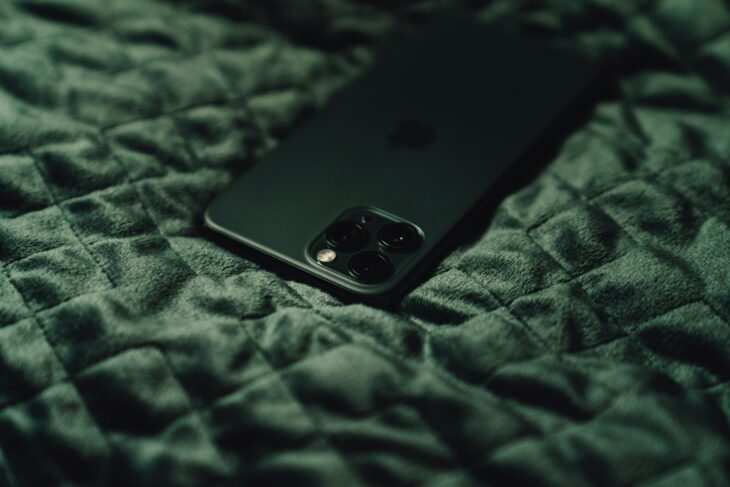Many people will likely have stayed up a bit too late to watch one last video, read one last article, or play one last match in a video game. Researchers have shown that screen use can disrupt our sleep patterns, due in part to the effect of the blue light emitted from phone screens on our biological clock, or to the increased anxiety caused by social media. Still, many scientists have previously focused on how screen use affects sleep among teenagers and adolescents. The question remains, how much can screens disrupt sleep in adults?
Researchers at the Norwegian Institute of Public Health recently quantified how screen time affects sleep quality. To do this, they surveyed university students across Norway between the ages of 18 and 28. They included a total of 46,202 students in the study so they had a large dataset to analyze. In the survey, they asked participants a series of screen-use and sleep-related questions, including whether they used any electronic media after they went to bed for the night.
The team sorted the electronic media the participants used into 6 different types of activities: (1) watching movies or TV series, (2) checking social media, (3) general internet browsing, (4) listening to music, audiobooks, or podcasts, (5) playing video games, and (6) reading content related to the study. They also asked the participants how many nights per week they used electronic media in bed, and how much time they spent using it. Lastly, they asked the participants how many nights they experienced difficulties in falling asleep and staying asleep, and how often they woke up early or felt tired during the day.
Among participants, the most common type of screen use in bed was checking social media, which 69% of participants reported doing. Perhaps unsurprisingly, the researchers found that participants who didn’t use screens in bed were 24% less likely to experience insomnia than those who did. For those participants who did use screens, the researchers further quantified how likely screen use was to disturb their sleep. They found that for every 1-hour increase in screen time, participants reported 59% more insomnia! Additionally, the researchers found that every 1-hour increase in screen time decreased the participants’ average sleep duration by 24 minutes.
The researchers were surprised to find that participants who reported only using social media had less insomnia and sleep disturbance than those who reported other types of media-related screen time. The researchers proposed that the exclusive use of social media as a screen-time-related activity reflected positive social relationships, which could protect users against poor sleep. Another possible explanation they proposed is that individuals who have sleep disturbances may use other media technology, like listening to music or watching TV or movies, as a sleep aid.
The researchers concluded that screen use before bed can increase the likelihood of insomnia and poor sleep. However, they acknowledged that because their survey simply asked participants about their screen use and sleep patterns, they could only determine correlation rather than causation. Therefore, they couldn’t say whether screen use caused poor sleep or poor sleep increased screen use time. Nonetheless, they recommended future researchers explore how screen use impacts sleep in more natural sleep settings rather than relying on survey responses.


